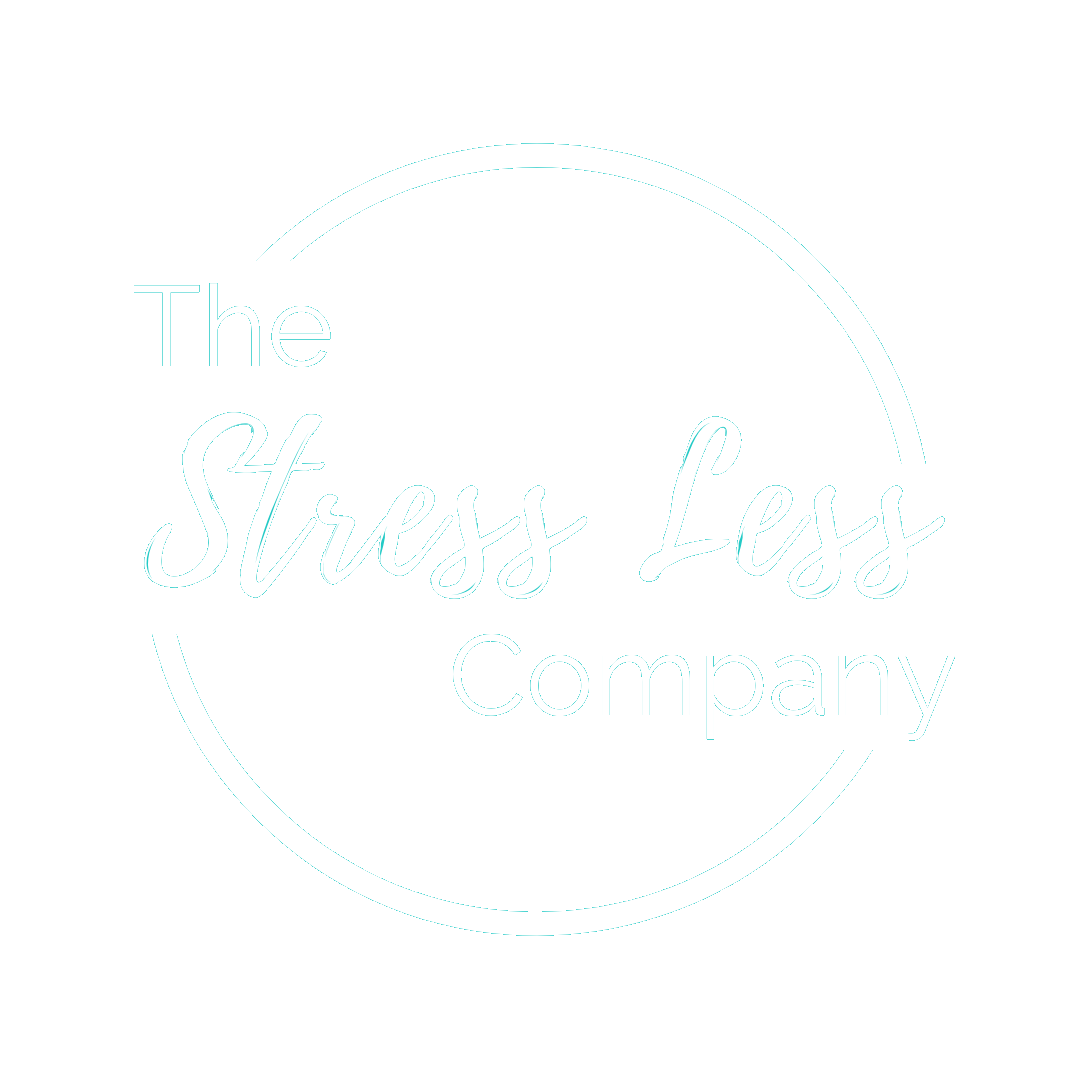On the go? Listen to The Stress Less Show as a Podcast!
While things have been particularly intense recently, that’s nothing new when it comes to racial injustices in America. Many of us have found ourselves in emotional turmoil. Many more of us urgently want to help, but simply put we just don’t know what to do. That is why I brought on this week’s episode of The Stress Less Show, Life and Business Coach, Shalena D.I.V.A Broaster, to start a conversation about how to start addressing racial bias in ourselves as we work to create real change in our lives and communities.
I knew I had to have Shalena on the show after watching a great video she made recently directly addressing the current racial injustices that have sparked protests around the world, and specifically addressing white women coaches and how they are handling this moment with their audiences.
“The protest started and of course, there are agitators. But do you understand why? If you've never spoken out on what happened to George Floyd, if you don't see how he was degraded as a human being and the only time you're speaking out is against property damage... Do not do that because it's seen as you being insensitive.”
Through her video, experience as a coach, and her conversation with me, Shalena has provided important tips and insights for all of us as allies who may be struggling with how to talk about and understand the protests and the Black Lives Matter movement.
Tip #1: Formally educate yourself so you can understand your own biases
Shalena’s first tip is a key place to start as we strive to make our world a safer and more accepting place for everyone. While much of the protests and unrest have been directed at the systemic racism present in our police system, the reality is that for change to happen we all have to confront the racial bias within us as allies - even when we may not recognize it.
“The thing about a bias is you don't see it. It is so ingrained.”
A great way to challenge these biases is to seek opportunities to formally educate ourselves on the issues facing the black community. Shalena recommends seeking out formal workshops and resources led by reputable sources that are members of and knowledgeable on the black community and black issues. These resources and information will help to open your eyes to the unconscious biases you may be holding onto.
Tip #2: Put what you learn into practice ASAP
Once we have begun to seek out resources and learn about our biases more intimately, Shalena stresses the importance of taking action on what we have learned. Education without action will not drive change, but using the information we have gained, we can make smarter choices in how we talk to others, how we vote, and how we interact within and outside of our own communities.
“Understand that you will confront your own biases. You will confront your privilege. It's not an assault on who you are. It's just helping you to understand.”
While this work may not always be easy as we begin to notice the ways in which we have been letting our biases get in the way and affect others without our privileges, it is necessary for building a world where black lives truly do matter and equality is more than just something to hope for.
